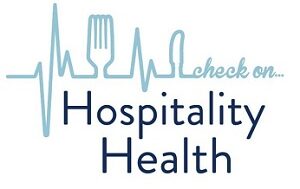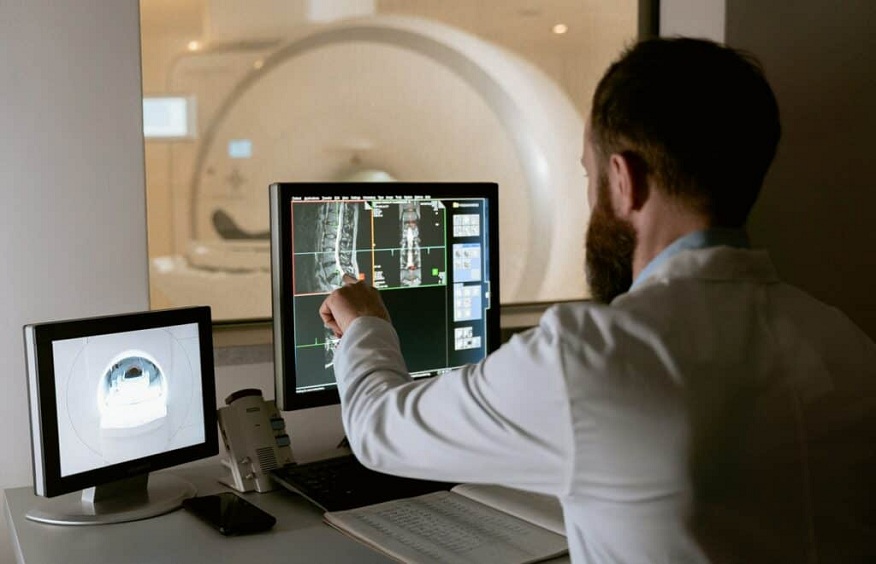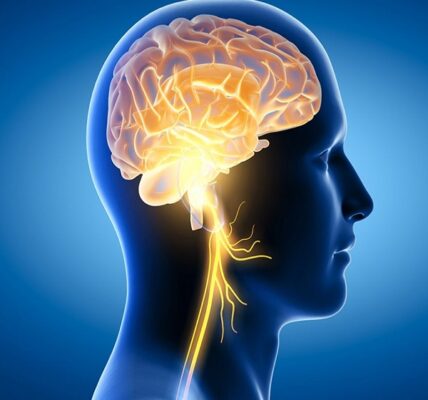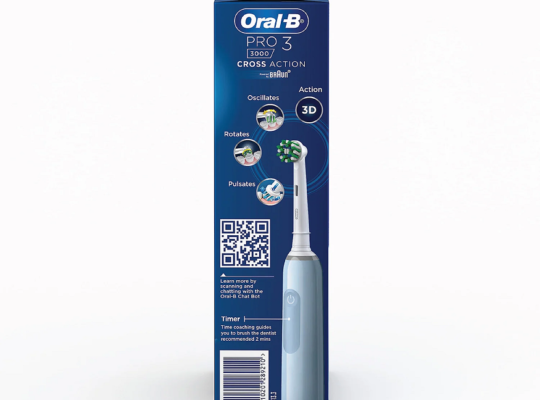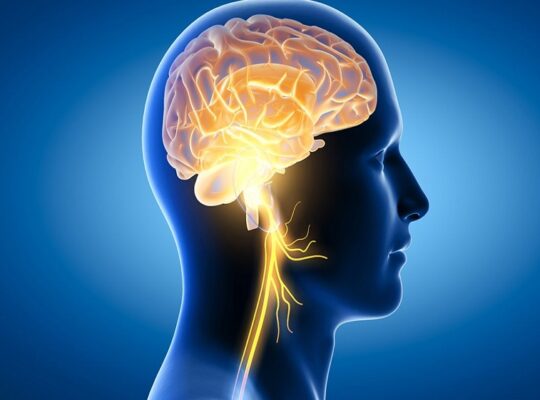Healthcare technology benefits patients and providers, from disease management to diagnostics. Technology has affected every aspect of healthcare. Keeping records in electronic form minimizes a lot of the errors and inefficiencies that come with keeping paper records. Thanks to innovative diagnostic tools, healthcare professionals can detect illnesses earlier than they otherwise could. Artificial intelligence and other cutting-edge technologies help with imaging analysis and speed up drug discovery. Here are the top benefits of using technology in healthcare.
Patient Medical Records Are Easily Accessible
The use of electronic health records is one of the most common applications of technology in the medical field. EHRs facilitate automated workflows between people and technologies. This gives patients and providers instant access to patient health information. Patients can check their electronic health records on the patient portal to find out their test results. This eliminates the need to call the doctor’s office. Using the same current information, care teams can coordinate decision-making.
Additionally, administrative staff members spend less time calling to exchange information and rearranging paperwork. The portability of EHRs presents a challenge. As more technology companies become aware of this issue, they start electronic health record implementation that facilitates the more seamless adoption of new technologies.
Reduced Medical Errors
In the past few years, technological advances have opened new possibilities for improving the security of patients. Digitizing healthcare procedures with technology can improve clinical workflow efficiency and standardization while lowering costs and errors in all healthcare settings. However, the workload for clinicians may rise if technological approaches are poorly developed or executed. Overworked physicians, for instance, may become alert fatigue and stop responding to notifications. More medical errors may result from this.
Improved Access To Care
One of the biggest obstacles to receiving high-quality care is healthcare access. Patients frequently experience delays in receiving the necessary care due to financial, geographical, and physical limitations. The most impacted are the underprivileged groups, and providers can help them benefit from healthcare technology in a way that makes sense for them. By using portable diagnostic devices, medical professionals can treat patients without the need to travel to an office.
Improved Communication
Healthcare organizations face the same problem of poor communication amongst teams, departments, and locations as any other organization. Each staff member often contributes to patient care in specialized teams.
Healthcare organizations now communicate more efficiently, thanks to technological advancements in the field. In order to communicate and promote the dissemination of knowledge in the field, medical professionals can now use media such as online discussion boards, videos, and real-time meeting capabilities. All relevant departments and healthcare providers have access to internal electronic medical records. Better patient recovery, therapies, and case management follow from this.
Real-Time Information Exchange
Numerous groups, including patients and clinicians, require access to health records for various purposes. Organizations were required to keep separate records for every group in the past. On the other hand, more organizations are merging their data so that authorized individuals can access the records they require at the appropriate time. Thanks to the new technology that simplifies standardizes and stores digital patient records securely. Real-time data can refer to different tools to analyze, share, collect, and store health data as quickly as possible to deliver information to the user. These tools could consist of a computerized health record.
Bottom Line
Technology has completely transformed the health sector. There are a plethora of systems and software available that you can use to optimize your workflow and logistics while simultaneously giving your patients the best care possible. Technology is crucial in modern healthcare, from large diagnostic imaging scanners to tiny wearable sensors. Many people now enjoy the ease with which they can make appointments online, obtain test results and records with a few clicks, or text or email inquiries to their providers.
